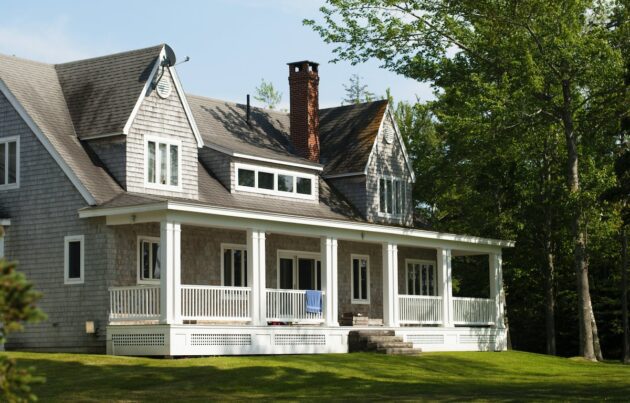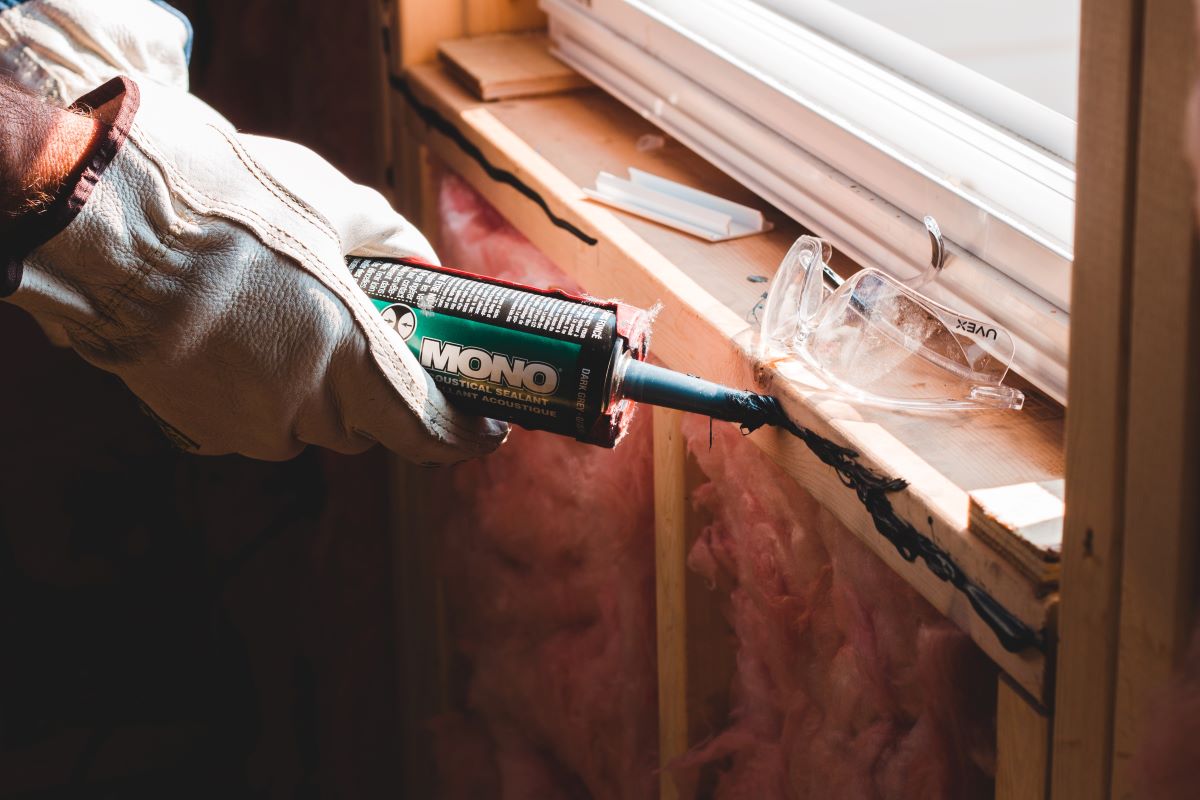What is a Bridge Loan? And How Do They Work?
One of the challenges for landlords and real estate investors is funding. When that perfect property comes on the market, how do you get the needed down payment or money for remodeling before someone else jumps on the opportunity? In some instances, the answer may be a bridge loan.

So, how does a bridge loan work, and how do you use these short-term loans? Let's find out.
What is a bridge loan?
Bridge loans are short-term loans that "bridge" the gap between selling an asset, fixing up a property or securing traditional financing. They're commonly used in real estate transactions and backed by collateral.
You secure the loan using built-up equity in one of your properties. Usually, you'll need at least 20% equity to qualify. To determine the equity you have available, find out your home's value and subtract what you owe on the property.
Example:
Property Value ($400,000) - Mortgage Debt ($250,000) = $150,000 Equity $150,000 / $400,000 = 0.375 x 100 = 37.5% equity
These short-term specialty loans typically need to be repaid in six months to one year.

How does a bridge loan work?
A bridge loan may provide almost immediate funding if obtained from a hard money lender. This quick funding, however, comes at a price in the form of relatively higher interest rates. Conventional lenders may take 30 days or longer.
Additionally, because lenders consider them somewhat risky, they may require a very good credit score of 740 or higher and a low debt-to-income (DTI) ratio. The DTI is the percentage of gross monthly income that goes to paying monthly debt. It's calculated by adding up your monthly debt and dividing it by your gross monthly income.
For instance, if your DTI is 40%, that means that 40% of your income goes to paying debt every month. According to Rocket Mortgage, bridge loan lenders typically require a DTI below 50%.

What are bridge loans used for?
Landlords commonly use bridge loans when they need quick capital. Here are a few examples of when you might consider these types of loans:
- Quick capital for a can't-pass-up opportunity: A potential rental property hits the market. You've done your math and realize it could produce significant gains. You get a bridge loan in record time and buy the property before your competitors know what hit them.
- Fix and flip: A bridge loan can provide funding for the down payment and any renovations or remodeling. You then pay your bridge loan off after your fix-and-flip property sells.
- Fix-to-rent: You use a bridge loan to purchase a property and fix it up. Once upgraded, you obtain a traditional long-term loan at a lower interest rate.
- Selling one property while buying another one: You plan to sell one of your rentals and buy a new one. Instead of making the offer contingent on the sale of your property, you get a bridge loan. In a competitive market, this can mean the difference between the seller accepting your offer or going with another bidder.
What are the pros and cons of bridge loans?
Like any loan, bridge loans offer benefits and drawbacks.
Pros:
- Fast: You can secure bridge loans from hard money lenders in as little as a few days up to one week. Conventional lenders usually take one month or more.
- Flexible terms: Terms vary per lender. Some may allow interest-only payments for a specified amount of time. Others may not require the first monthly payment for several months or no payments until the house sells.
- No prepayment penalty: Considered a short-term solution, most lenders do not charge a fee if you pay your bridge loan off early.
Cons:
- High interest rates: Bridge loans typically come with higher interest rates. These rates are usually about 2% above the prime rate, which, as of November 1, 2023, was 8.50%. Keep in mind that some lenders' interest rates come in much higher.
- Fees: They often come with high processing or origination fees. Lending Tree reports average closing costs are 1.5% to 3% of the loan amount.
- Requires collateral: Because you secure your bridge loan with property, a lender may foreclose if payments are unmet. Make sure you're not overextending yourself, and that you have confidence in the rental or real estate market you're entering.

FAQS about bridge loans for landlords
While financing rental properties is often the biggest hurdle, bridge loans can help. Here are some common questions landlords ask when considering this type of loan:
Where do I get a bridge loan?
You can get bridge loans from banks, credit unions, hard money lenders and non-qualified mortgage lenders. While hard money lenders may not be as strict in terms of credit requirements, they may have higher interest rates and fees. If you have a current mortgage provider, make sure to check with them first.
Lenders can vary significantly regarding fees, interest rates and other terms. Make sure to check around for the best deal and get all the details before signing an agreement. You can search loan providers on the Nationwide Multistate Licensing System to ensure they are licensed.
Are bridge loans hard to get?
Bridge loans typically require good credit scores and low DTI. That said, Lending Tree reports that some lenders accept credit scores as low as 600. Additionally, hard money lenders tend to base loans on the property's value rather than just the applicant's DTI and credit score. However, lower credit scores usually translate to higher interest rates.
Remember, there are options. Additional loans to consider include home equity loans, cash-out refinance and a home equity line of credit.
Why would property owners consider a bridge loan?
To recap, bridge loans let you acquire a property or renovate an existing one using a short-term loan option. You can use the money to purchase a fix-and-flip property, paying off the bridge loan once it sells.
You can also use the funds as a short-term solution until you secure long-term financing. In this scenario, you pay back the loan once you refinance the property. Landlords and real estate investors typically use these loans to build a portfolio over time.
